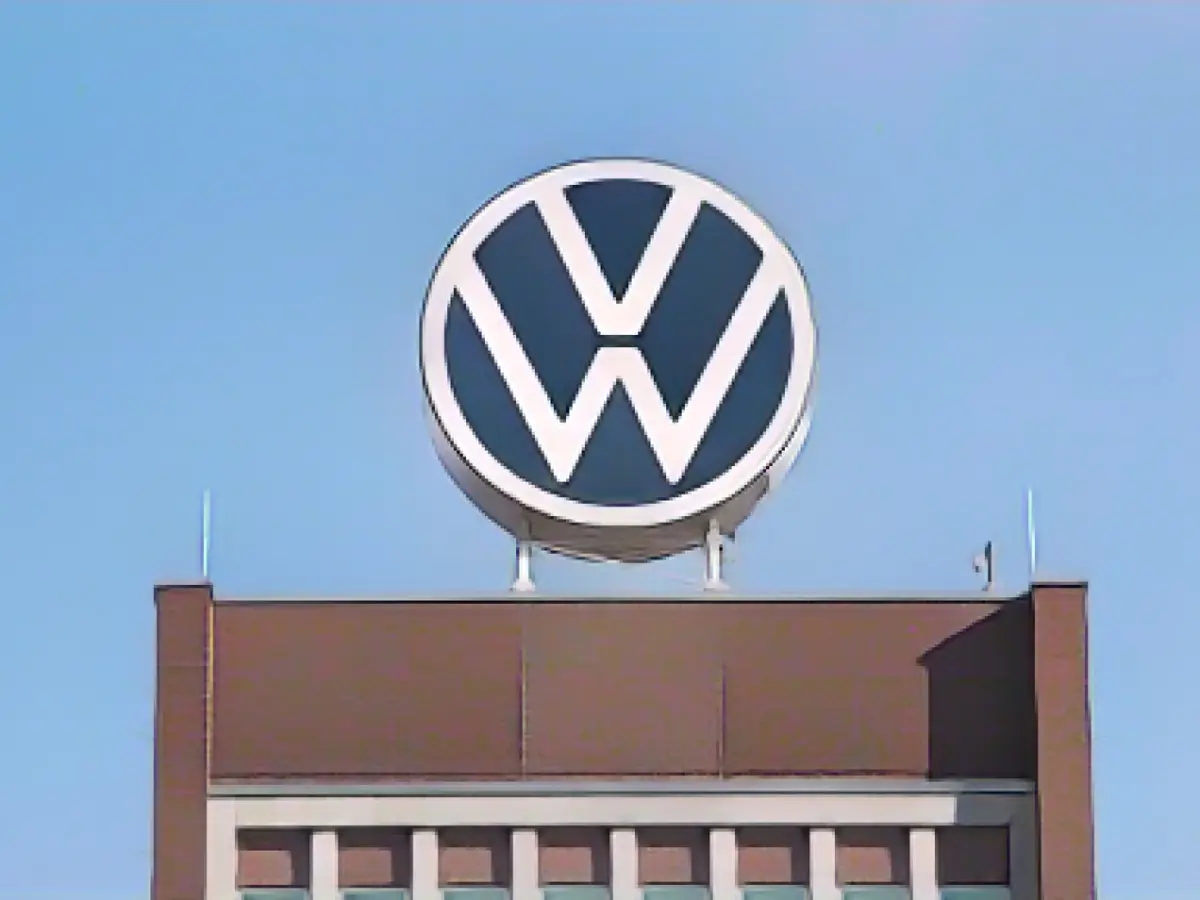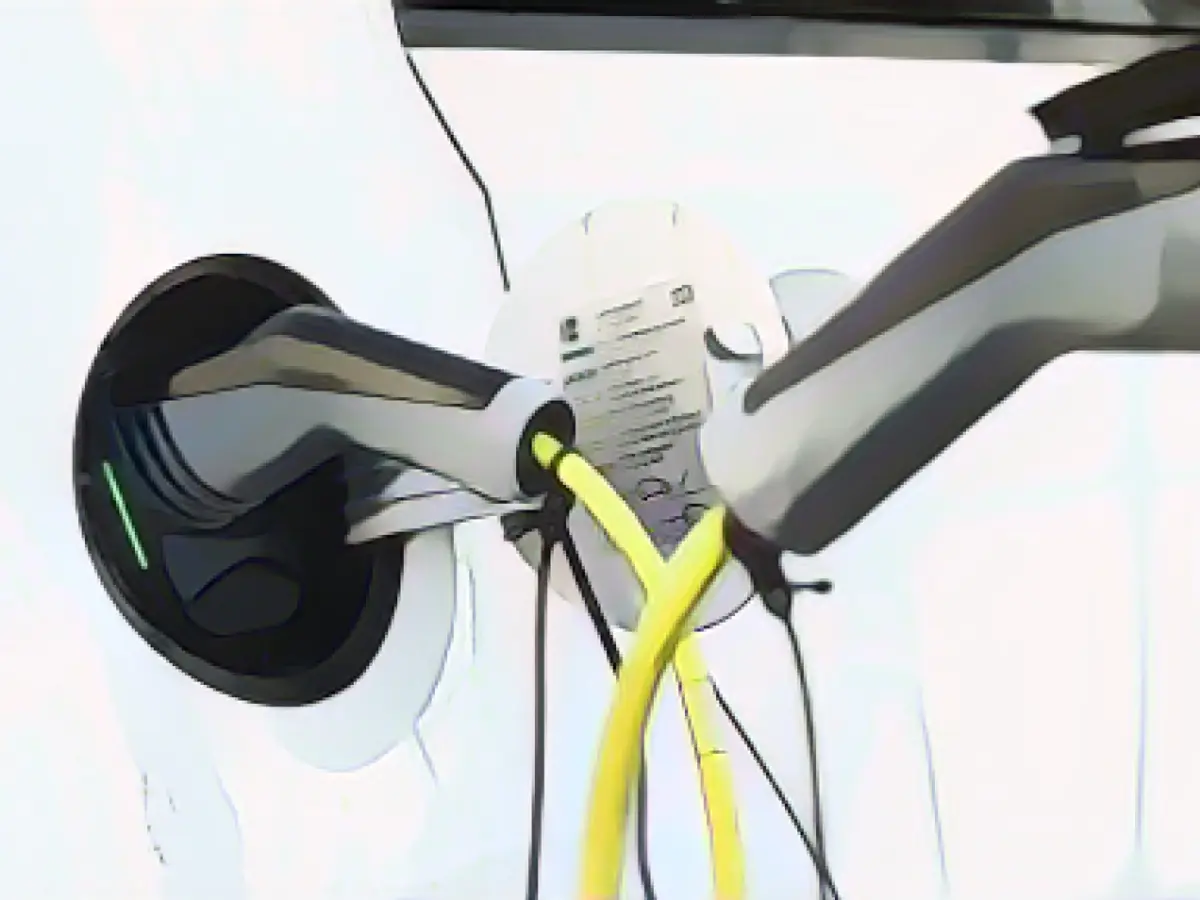Brexit Tariff Relief for E-Cars Extended
The automobile industry in Germany can temporarily celebrate as electronic vehicles will be exempted from Brexit tariffs in trade between the EU and the UK, extending this relief for an additional three years. This move prevents inflated costs for European e-cars, enabling manufacturers like those in Germany to better compete globally. The EU Commission's proposal, however, needs to secure the majority vote among EU member states, requiring the approval of at least 15 states representing more than 65% of EU's population.
Staggered Intro of Tariffs
Original custom rules for vehicles, with less than 45% of value-added within the EU or the UK, were expected to take effect from January 1, 2024, imposing a 10% duty. This would most impact manufacturers who fail to meet the e-car value-added quota due to limited battery production capacity in Europe.
Impacts of Geopolitical Factors
The EU Commission asserts that unforeseeable factors like the Russian war in Ukraine and the coronavirus pandemic have necessitated this extension. While the expected growth of the European battery industry has been slower than anticipated, due to these challenges, the proposal ensures no exemptions extend beyond December 31, 2026.
Investment Boost
The relaxation of tariffs serves as a catalyst for further investments in the European battery industry, driving companies like the Tata Group to build their "Gigafactories" in the region. The British government and the Commission are providing substantial funds to support these operations, which will positively impact both British and German automotive industries.
Trade Impact
The British car industry, currently dependent on the EU export market, had feared a decline in competitiveness due to these tariffs starting next year. Conversely, German carmakers faced potential tariffs on exports to the UK. Appreciating this situation, the VDA, the German automotive industry association, described the EU Commission's move as a significant advantage over Asian competitors in the UK market.
Improving Market Dynamics
The decision to postpone tariffs on e-cars imported from the EU to Great Britain could potentially boost British car manufacturers and preserve German manufacturers' competitiveness in the EU export market. However, the explicit approval of this proposal from at least 15 EU member states and the UK is required for this to take effect.
Enrichment Insights
Interestingly, this article does not discuss tariffs on e-cars imported from China to the UK. Instead, there are ongoing disputes and legal challenges concerning EU tariffs on Chinese e-cars. Companies like BMW, BYD, Geely, and SAIC are challenging existing EU tariffs in the European court, arguing that such tariffs infringe upon their business models and supply chains.
It's important to monitor ongoing developments in trade agreements and tariffs related to the EU and other key global markets to assess their potential impacts on British and German automotive industries.







